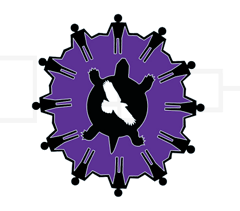Abstract
This paper is a commentary responding to the problem of Indigenous post-graduate students and scholars struggling with an understanding of Indigenous Standpoint Theory and either disengaging with it or including it in shallow or tokenistic ways that fail to advance knowledge in this emergent field (Foley, 2018). A framework grounded in respectful protocol is suggested as a way of coming into this knowledge safely and with cultural rigour. This framework was designed on the continent currently known as Australia by a Murruwarri Elder and a young Bama researcher over four years of journeys along song lines stretching from Qld and NSW to WA and Victoria, in dialogue with many Elders and knowledge keepers. It was designed to bring Indigenous students and scholars into a personal connection with Indigenous Standpoint theory before undertaking scholarly reading in the discipline. It has been adapted over the last decade to suit different contexts and audiences, suggesting a culturally appropriate way of coming into four different layers of knowledge in the development of an Indigenous standpoint, responding to the relational obligations we have to country and community (Martin, 2008). There is a need for these elements to be covered in the self-reflective work of Indigenous scholars prior to and during the research process, whether the researcher’s identity is shaped by embeddedness or disruption within Indigenous knowledge contexts (Moreton-Robinson, 2013).
Recommended Citation
Yunkaporta, Tyson and Shillingsworth, Doris
(2020)
"Relationally Responsive Standpoint,"
Journal of Indigenous Research: Vol. 8:
Iss.
2020, Article 4.
DOI: https://doi.org/10.26077/ky71-qt27
Available at:
https://digitalcommons.usu.edu/kicjir/vol8/iss2020/4

